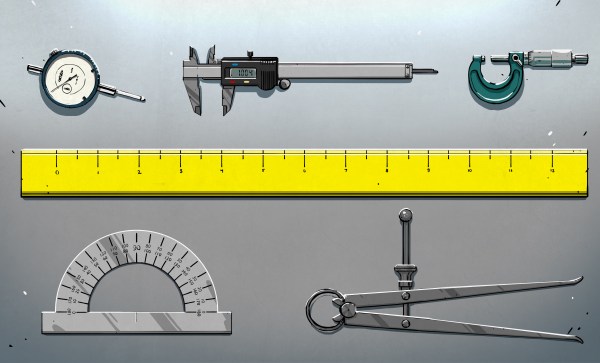Last weekend was Hackaday Europe 2024, and it was great. Besides having some time to catch up with everyone, see some fun new badge hacks, and of course all the projects that folks brought along, I also had time to attend most all of the talks. And the talks were split into two distinct sections: long-format talks on Saturday and a two-hour session of seven-minute lightning talks on Sunday.
I don’t know if it’s our short attention spans, or the wide range of topics in a short period of time, but a number of people came up after the fact and said that they really appreciated the short-but-sweet format. One heretic even went so far as to suggest that we only have lightning talks in the future.
Well, we’ve done that before – the Hackaday Unconferences. One year, we even ran three of them simultaneously! I was at Hackaday’s London Unconference the year later, and it was a blast.
But I absolutely appreciate the longer talks too. Sometimes, you just have to give a speaker free rein to dig really deeply into a topic. When the scope of the project warrants it, there’s just no substitute for letting someone tell the whole story. So I see a place for both!
If you were at Hackaday Europe, or any other conference with a lightning talks track, what do you think? Long or short? Or a good mix?
















